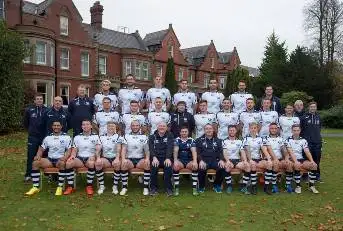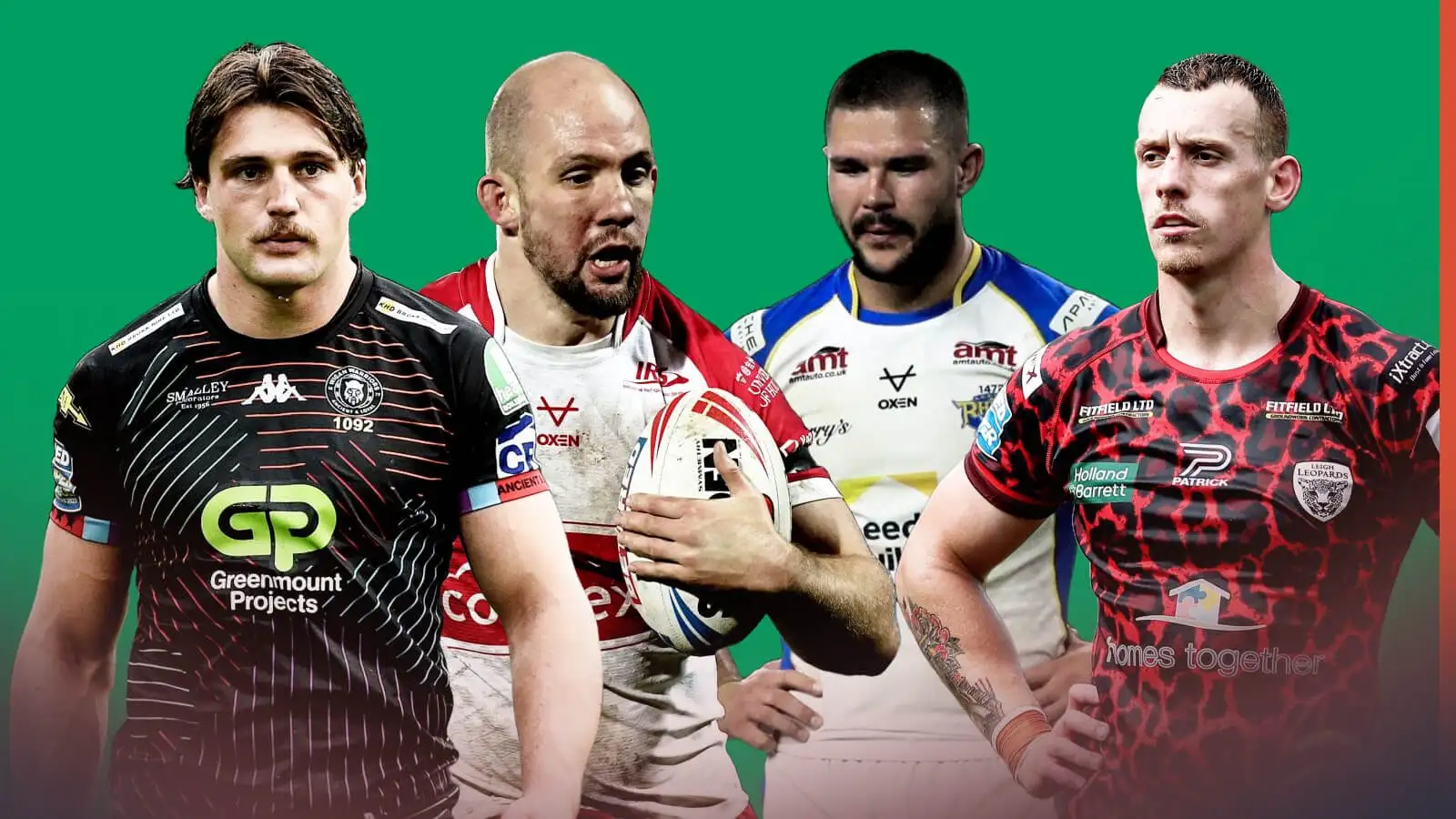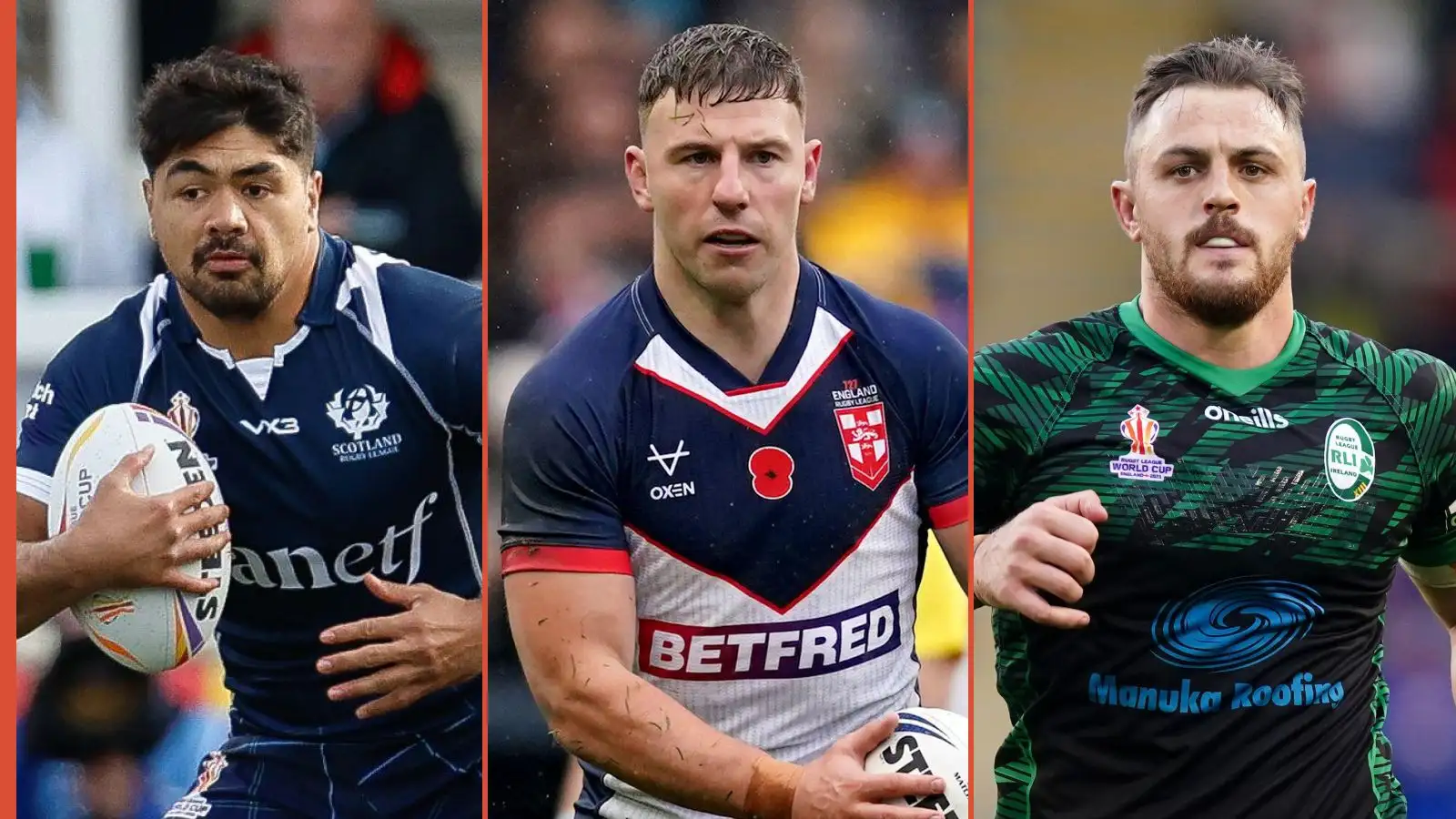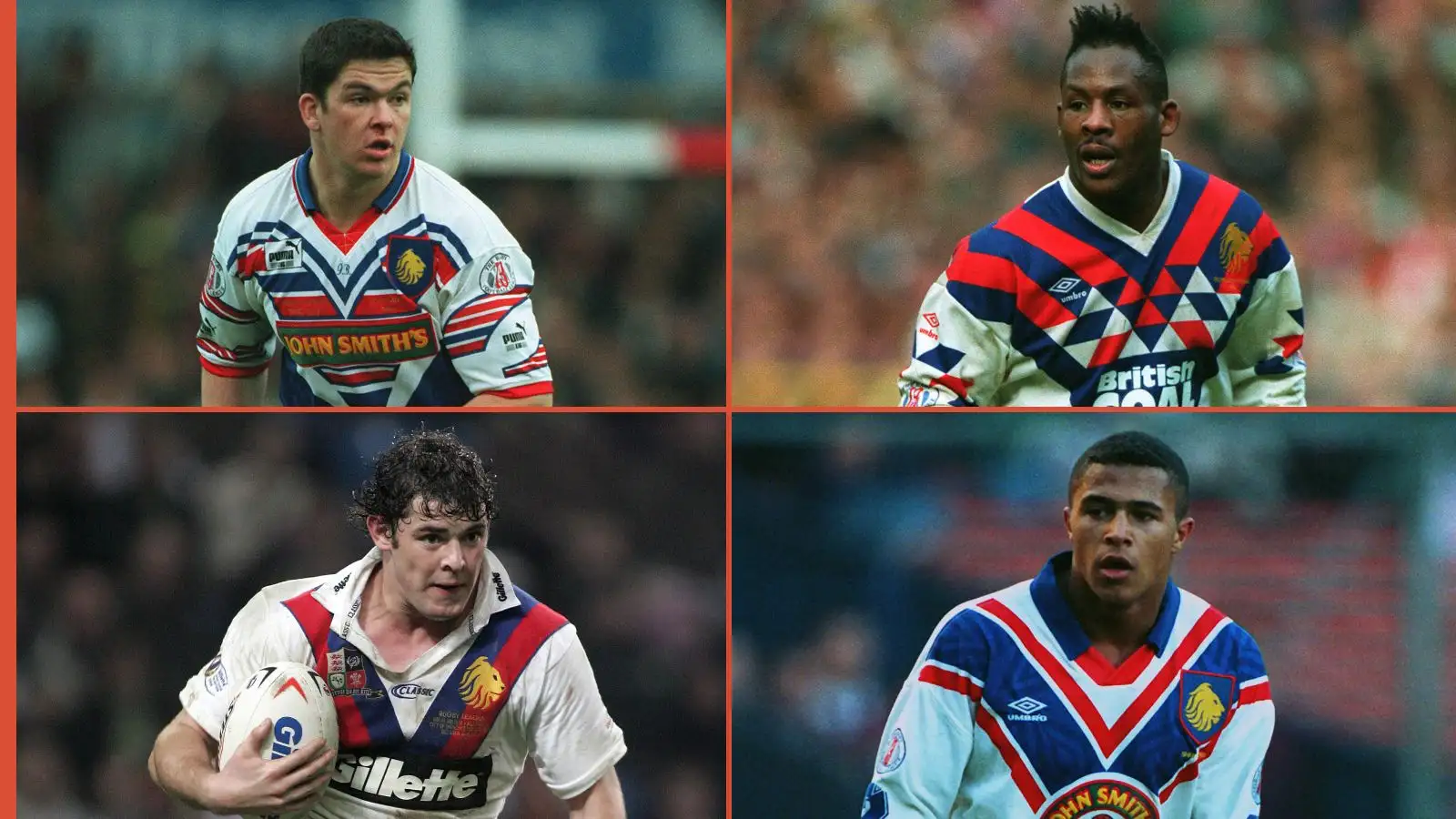Four Nations Review: Scotland

That took us all by surprise, didn’t it?
Well, maybe not all of us. Steve McCormack, for one, seemed to think that his team had merely fulfilled expectations, and the Scotland coach was even disappointed that his side hadn’t managed to collect a win in the competition.
Scotland were undoubtedly the surprise package of the 2016 Four Nations, and were the first team to take anything off a top-three side in the tournament’s history.
Their draw against New Zealand at Workington was also the first time a non-top-three side had taken anything off top-three team since PNG beat Great Britain in 1990.
But it shouldn’t have been that surprising really. A backline consisting of Lachlan Coote, Lewis Tierney, Matt Russell, Euan Aitken and Kane Linnet looks very strong on paper, with plenty of NRL and Super League experience.
Add in Danny Brough and it proved itself as dangerous a backline as any in the tournament, apart from Australia.
If Joe Wardle, Peter Wallace and Keith Galloway had been available, then the matchday 17 would have been much stronger too, which bodes well for the World Cup next year.
The pack made yards, with the resilient Luke Douglas and aggressive Adam Walker set to link up together in St Helens’ front row in 2017, which should be interesting as Scotland build towards next year’s World Cup.
The nation’s subsequent rise to fourth place in the RLIF world rankings is well deserved.
Liam Hood showed himself to be a player of skill, courage and ferocious strength in the tackle. Surely he is ready to thrive in Super League now.
Callum Phillips stepped up when needed, and his brother Brett produced one of the hits of the tournament in Workington.
Other Championship players like Ben Hellewell played solidly, and Frankie Mariano showed why a club should be signing him for 2017.
Danny Addy was another whose versatility, strength and rugby league brain were given a proper spotlighting in the tournament. He deserves to be playing at this level.
The team created tries and their defence improved as the tournament went on.
It is worth comparing what the Australians did to Scotland in the opening quarter of the competition’s opening game, with what the Kangaroos did to the Kiwis in the final.
The fact that the Australians treated the Scots like a proper Test team, giving them the respect their reputations as players deserved, says a lot for the real quality of the Bravehearts.
Neither England nor New Zealand treated Steve McCormack’s side with anything like the respect they deserved.
England sorted it out, just, but New Zealand came a deserved cropper in Workington.
Many will still doubtless carp that, “It’s not really Scotland though is it? None of the players are from there!”
And, doubtless, they will feel like they are the first people to ever make this point in the history of rugby league.
This argument often emanates from more atavistic English people, who will never understand or empathise with the call of blood and heritage.
This is largely because England is a nation of conquest and immigration, rather than one of diaspora and emigration, like Ireland, Scotland and Italy.
We live in a world where identity and nationality, especially in a country like Australia, are becoming ever more fluid and dual in nature.
The call of heritage and blood can be stronger for some than that issued by the country of birth, or even upbringing.
These players don’t play for money, either, like the ‘Kilted Kiwis’ who once filled the ranks of the Scotland Rugby Union team.
Questioning the players’ commitment and ‘Scottishness’ (often by people whose actual knowledge of Scotland and Scottish culture, comes from looking at shortbread tins) seems a backhanded way of acknowledging that the team is a danger to the status quo.
It’s also become something that rugby league spectators harp on about constantly, to the good of no one and nothing.
What Scotland needs now is financial support, both from governing bodies and from the private sector.
A real drive to find sponsors for the team and for the re-launched domestic league needs to take place.
The Scotland Club XIII is set to be revived, to help domestic Scottish club players find a higher level.
The dream is that a semi-professional club can be set up North of the Border as soon as possible.
That will require support from the RFL and RLIF. With an international calendar currently being formalised, it is to be hoped that some Test Matches will be played in Scotland.
Perhaps when the GB team is revived, a game in Glasgow would be a good idea.
Scotland is presenting rugby league with some real opportunities now, helping to give is the more competitive international game we have craved for years.
We, as a sport, must not let those opportunities slip.



